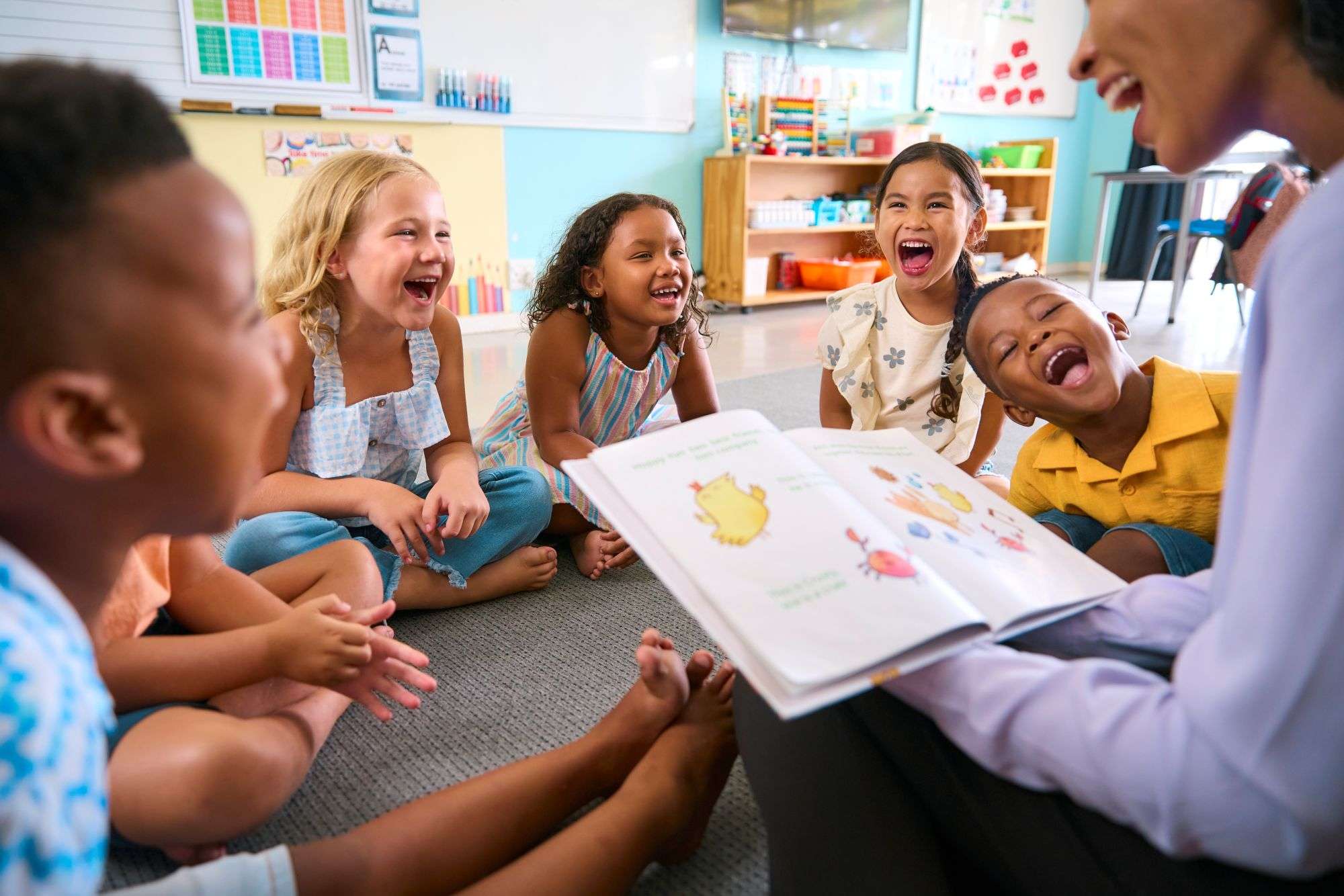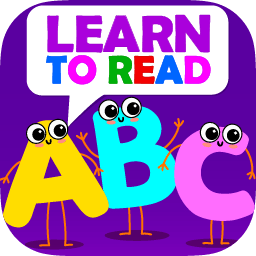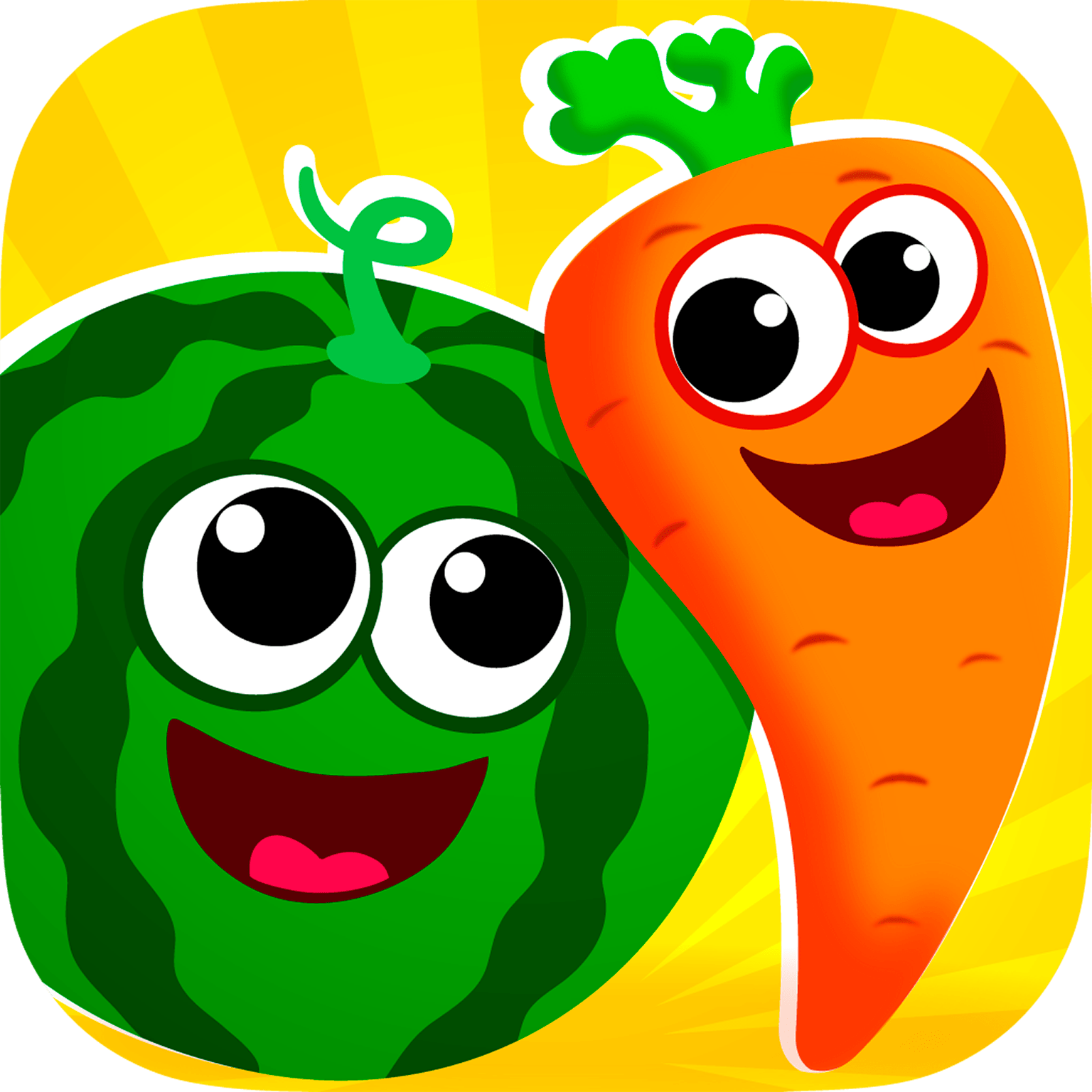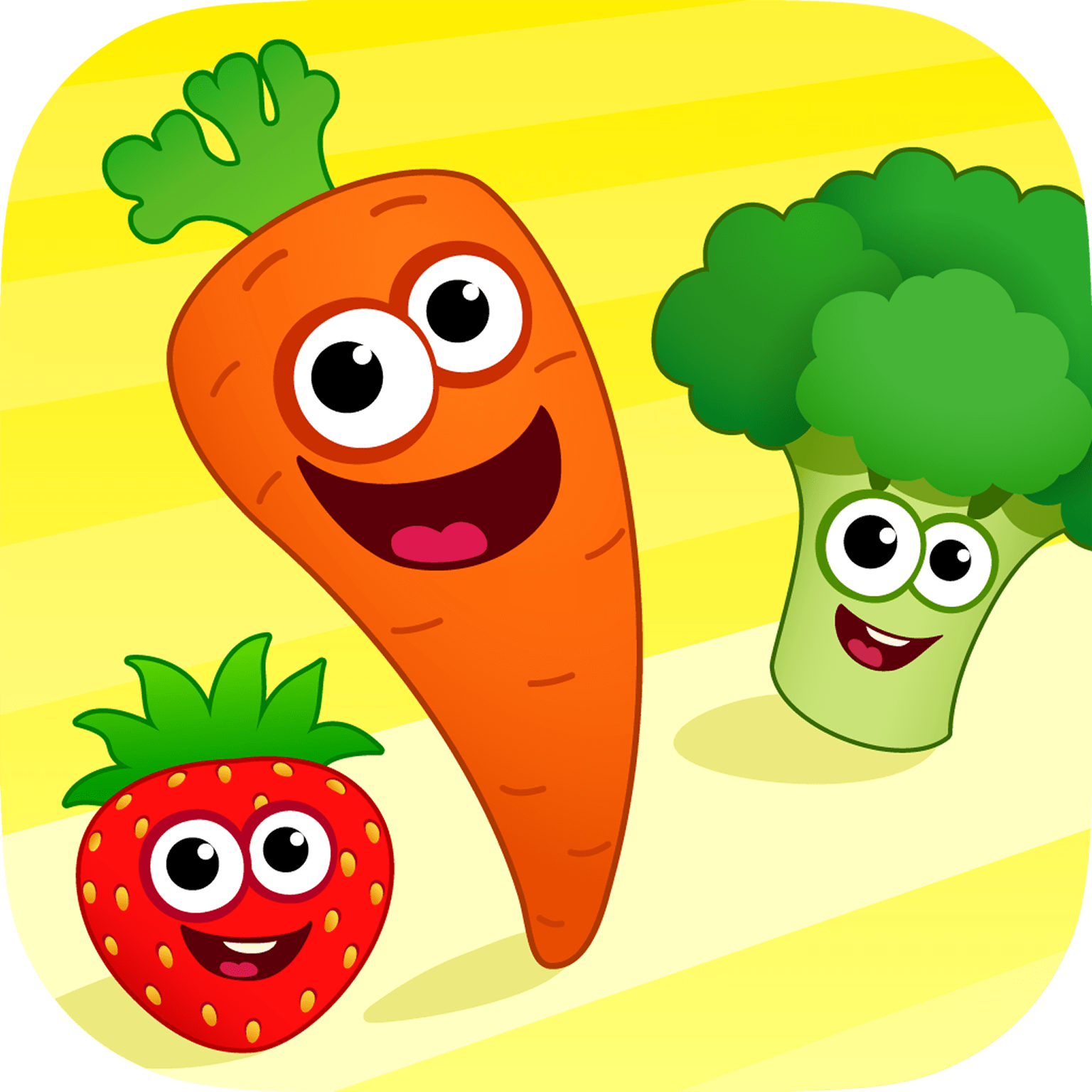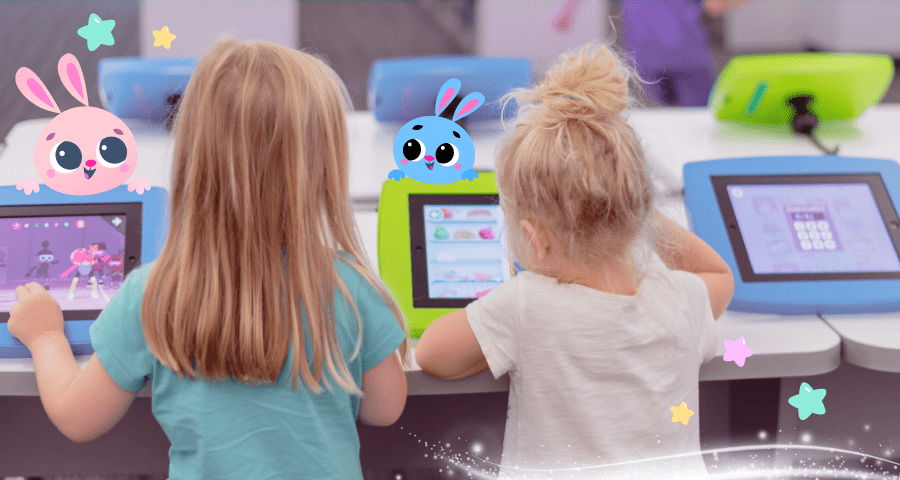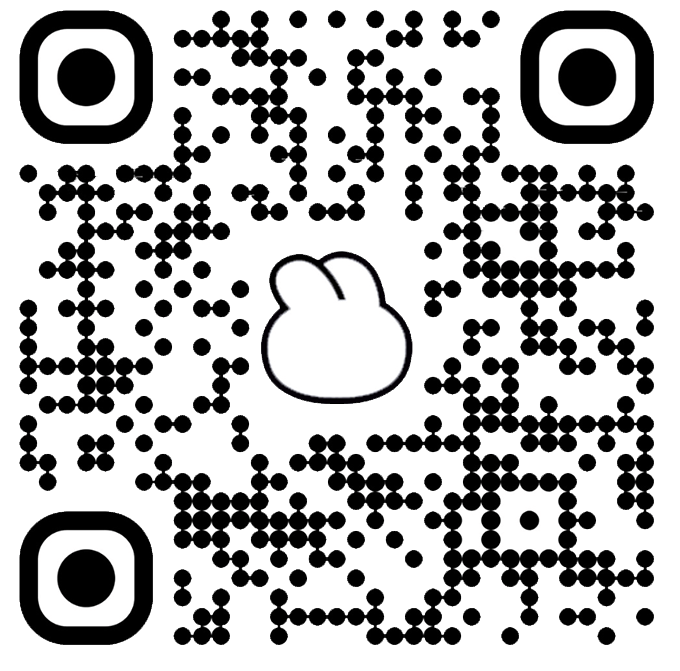Is your child reluctant to learn to read? Do attempts to teach the alphabet often lead to frustration and tantrums? You’re not alone—many parents of preschoolers face similar challenges. In this article, we’ll explore effective methods that can make reading lessons more engaging and successful for both you and your child.
Learn to Read for Kindergarten: Key Components

- Phonological Awareness. It’s an essential first step in learning to read. Children should be able to hear the individual sounds, or phonemes, in words and understand the differences between them.
- Phonics. Children should be able to understand how letters are related to sounds. For example, kids should learn that the letter “B” makes the /b/ sound, and that combining letters forms words.
- Vocabulary Development. A great vocabulary is essential for understanding what is read. Kindergarteners will build their vocabulary through storytelling, read-aloud, and labeling objects around the classroom.
- Comprehension Skills. Kindergarteners will develop this skill by listening to stories and answering questions about them. These activities help kids think critically and analyze what they read.
- Writing. Children will develop an understanding of how text works—like recognizing letters and words by sight. Learning to write will reinforce the connection between reading and writing for kids.
Reading Help for Kindergarten: Teacher Strategies
Teachers use various strategies to help kindergarteners build their reading skills:
- Engaging in consistent practice with letter sounds, which lays the groundwork for phonics
- Creating a positive and supportive learning environment, while celebrating small successes and avoiding unnecessary pressure
- Incorporating play-based activities, like rhyming games or alphabet puzzles, to make learning fun
- Utilizing daily read-aloud sessions to model fluency and expand vocabulary
- Using simple, engaging books with repetitive text helps children gain confidence and familiarity with words.
How to Teach Kindergarten to Read: A Parent’s Guide
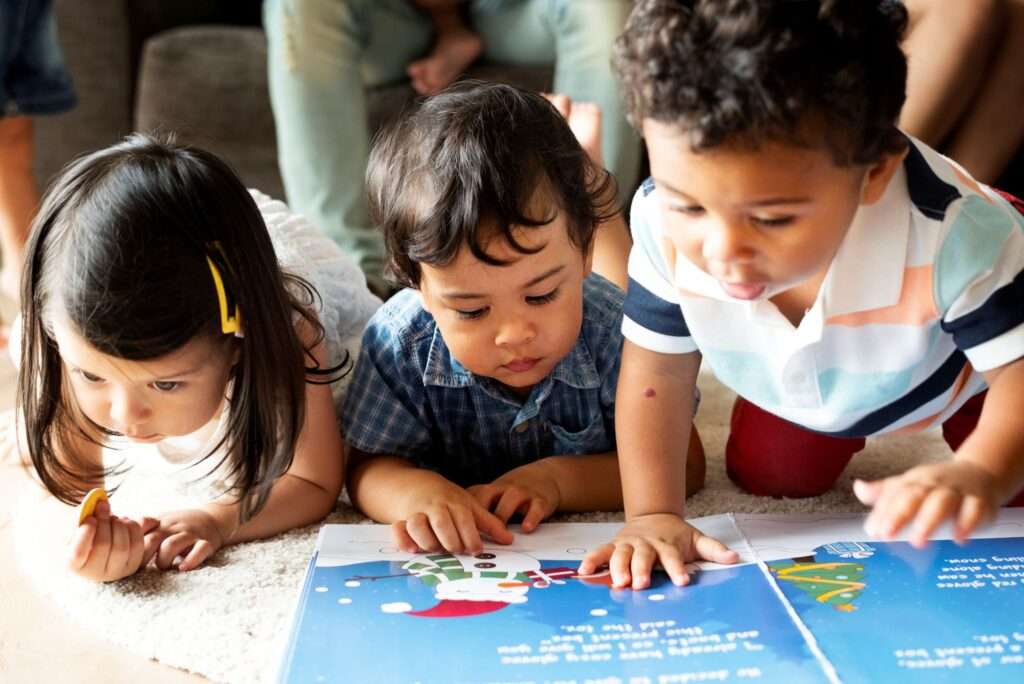
With patience, consistency, and encouragement, parents can help their children develop strong reading skills and a lifelong love of books. Reading interesting stories and playing word games are simple yet effective ways to foster a passion for reading. Encouraging children to explore books independently and praising their efforts builds their motivation and confidence. The following techniques will ensure that children become better, more fluent readers.
- Organize a Reading Routine: Set aside time each day for reading. Consistency helps establish good habits and nurtures a love for books.
- Make Reading Interactive: Ask your kid questions about the story, talk about the characters, and encourage them to guess what happens next. Ask them about their favorite part, or which part they think was the best!
- Choose Age-Appropriate Stories: Look for books with simple words, repetitive patterns, and engaging illustrations. Early readers with short sentences and large fonts are ideal, and repetition will help improve their reading retention.
- Practice Letter Sounds: Use games to teach letter-sound relationships. Help your child find words that include certain letters and sounds.
- Label Everyday Items: Place labels on items around the house, like “pencil” or “plate”. It helps to reinforce word recognition.
- Celebrate Achievements: Praise your child’s progress. Positive reinforcement encourages confidence and a love of learning.
Kindergarten Reading for Beginners: Challenges
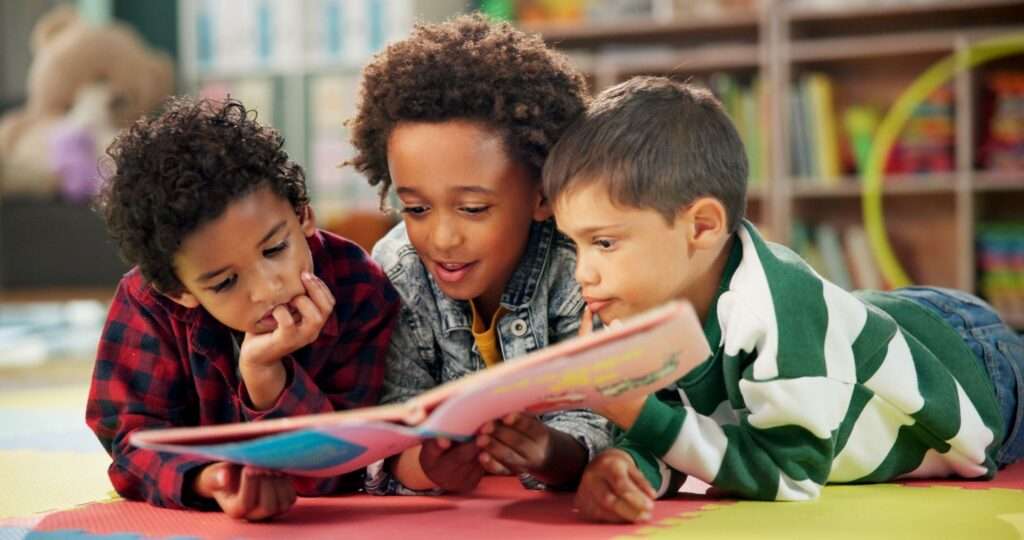
Learning to read isn’t always easy. Children will often need a little extra guidance or attention. Be sure to include regular assessments to ensure their understanding. Some kids will struggle with reading skills like phonemic awareness, decoding, or comprehension. In these cases, parents should pay extra attention to the child and: Identify their specific challenge
- Include engaging visual aids and interactive activities
- Provide plenty of practice with fun activities
- Break tasks into smaller steps
- Maintain a supportive environment
- Consider extra help
It’s important to regularly assess kids’ reading progress, so that you can catch challenges early. The sooner you identify the challenge and start working with the young reader through games or additional classes, the sooner you’ll be able to meet their educational needs and overcome the problem.
Teaching Reading to Kindergarten with Bini Games Apps
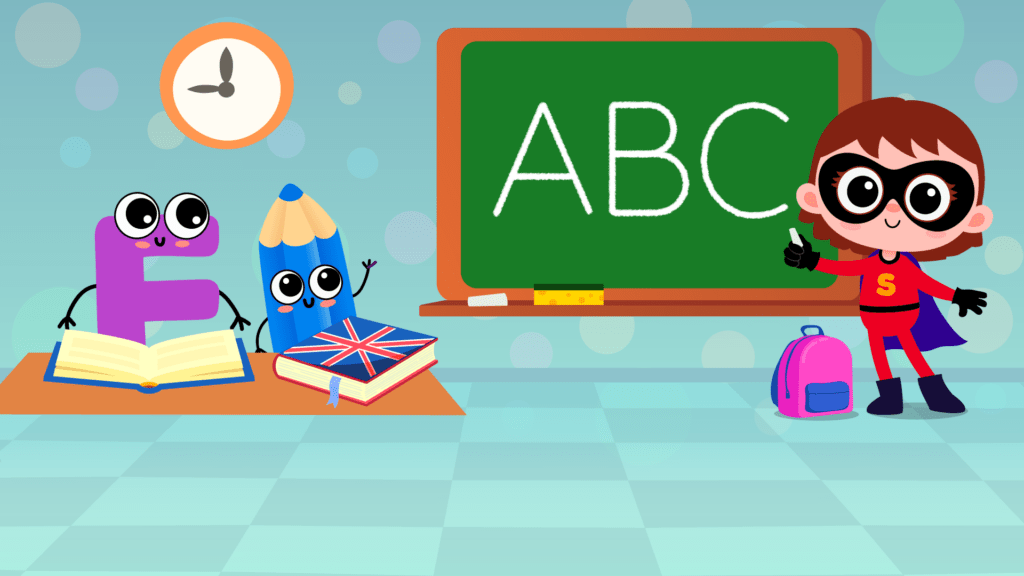
If you’re looking for an exciting and effective way to teach your kindergartener to read, Bini Games reading apps are the perfect idea! These apps feature vibrant characters, puzzles, and interactive minigames that keep kids engaged while they learn. With exciting stories woven into every activity, children stay motivated and entertained as they build essential skills. Download today and watch your child learn and read their first words with joy!

